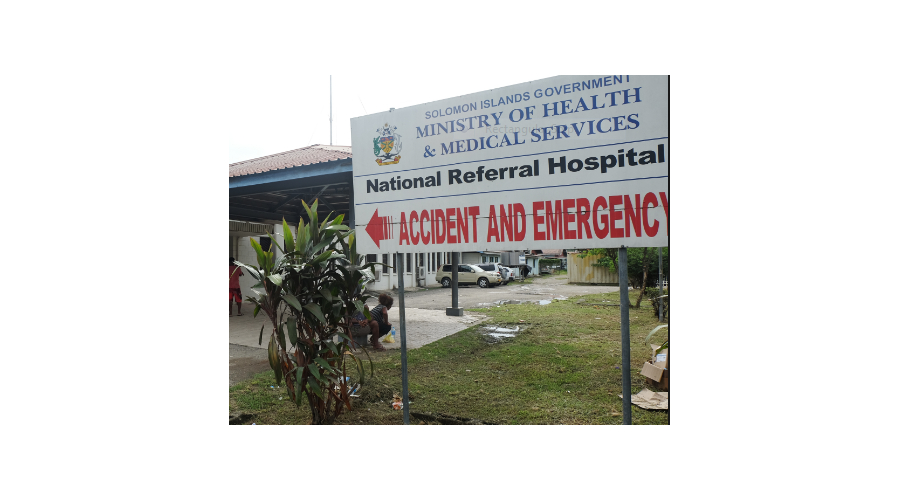I have ongoing concerns for the treatment of patients at the Solomon Islands National Referral Hospital, including young children, and often ask myself of the availability and use of penicillin as an antibiotic therapy.
I worry too about prevention of RHD and pose the question whether, given the existing state of rural health, given the run down or collapsed and unused rural health clinics, how are rural people being seen and treated for strep throat infections, said to be the primary source of rheumatic fever and rheumatic heart disease?
I am always pleased to learn of new rural health centres and rural health centres being built and equipped and staffed, but the re-establishment of such vital health facilities is taking far too long.
Infrastructure development as is being aided at home by one of the SIG’s newest development partners has been noted, but much more needs to be done either by that diplomatic partner, or others of longer ties, to substantially improve rural health coverage, including the intervention to treat strep throat infections with antibiotic medicines which could see a great reduction in resultant rheumatic fever and rheumatic heart disease.
I will end this note of concern with notes from Stanford Hospital in the USA that specialises in RF and RHD.
Quote.
Specific treatment for rheumatic heart disease will be determined by your physician based on:
· your overall health and medical history
· extent of the disease
· your tolerance for specific medications, procedures, or therapies
· expectations for the course of the disease
· your opinion or preference
Since rheumatic fever is the cause of rheumatic heart disease, the best treatment is to prevent rheumatic fever from occurring. Penicillin and other antibiotics can usually treat strep throat (a streptococcus a bacterial infection) and stop acute rheumatic fever from developing.
Persons who have previously contracted rheumatic fever are often given continuous (daily or monthly) antibiotic treatments, possibly for life, to prevent future attacks of rheumatic fever and lower the risk of heart damage.
Antibiotic therapy has sharply reduced the incidence and mortality rate of rheumatic fever/rheumatic heart disease. To reduce inflammation, aspirin, steroids, or non-steroidal medications may be given. Surgery may be necessary to repair or replace the damaged valve.
End of quote.
Yours sincerely
Frank Short



